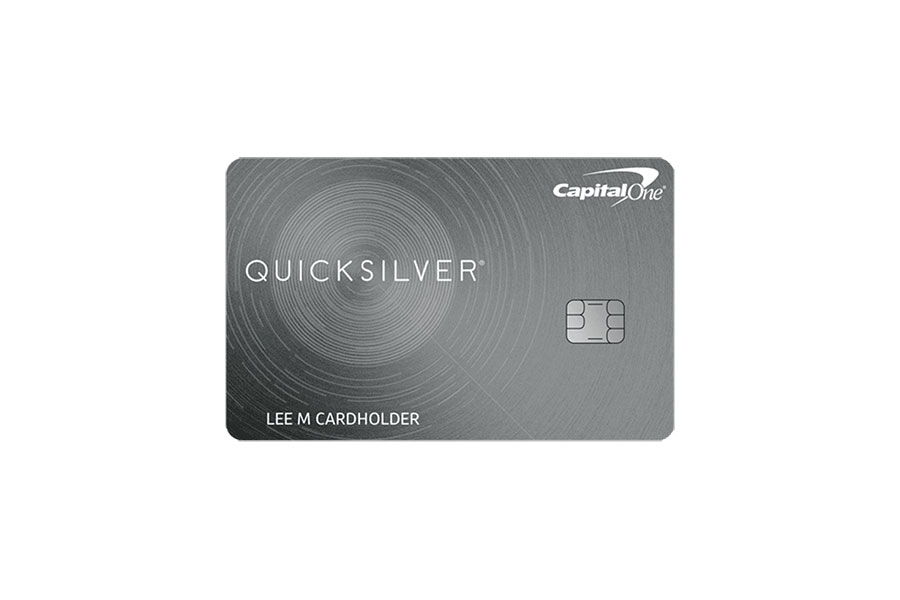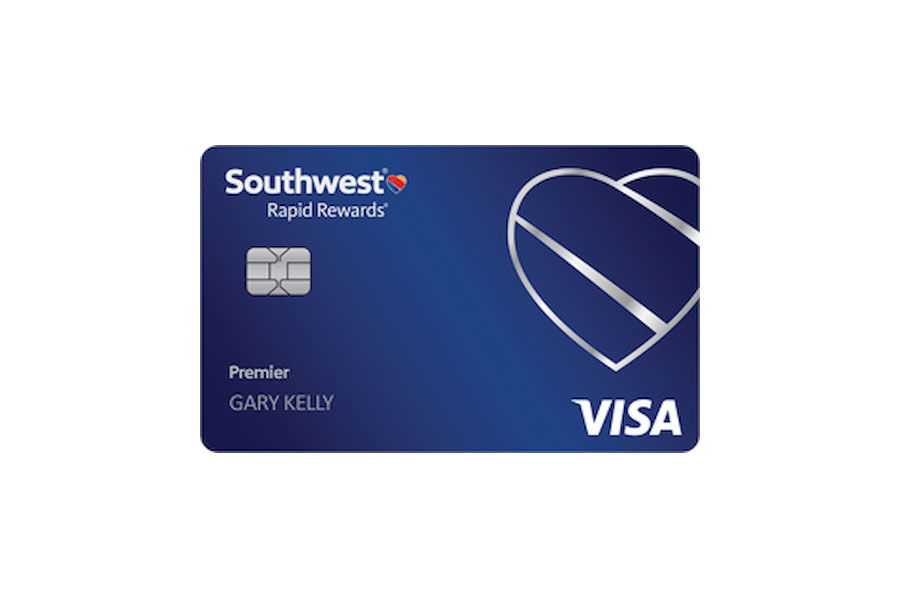The Capital One Quicksilver Cash Rewards Card is a popular choice for those who want a straightforward way to earn cash back. With unlimited 1.5% cash back on every purchase and no annual fee, it’s a strong option for everyday spending.
Before applying, it’s important to know what credit score is typically required. While credit score plays a big role, other factors like income, debt levels, and payment history can also affect approval.

Credit Score Requirements for the Capital One Quicksilver Cash Rewards Card
Most applicants who get approved for the Capital One Quicksilver Cash Rewards Card have a credit score of 700 or higher. This falls within the good to excellent range, making it a competitive option for those with strong credit profiles.
Lenders also review factors beyond credit score, including income stability, existing debt, and recent credit activity. If your score is below 700, paying down balances and ensuring a positive payment history can help improve your approval chances. If you’re uncertain about qualifying, working on your credit before applying may be a better approach.
Strategies for Increasing Your Approval Odds
- Check your credit score and report: Before applying, review your credit score and report to ensure you meet the minimum requirements. You can obtain a free copy of your credit report from each of the three major credit bureaus (Experian, Equifax, and TransUnion) once every 12 months through AnnualCreditReport.com.
- Reduce credit utilization: Aim to keep your credit utilization ratio below 30%. This means using less than 30% of your available credit across all your credit cards. Reducing your balance before the statement closing date can help lower your utilization ratio, thereby improving your credit score.
- Pay bills on time: A consistent history of on-time payments is essential for a strong credit profile. Set up automatic payments or calendar reminders to avoid late payments, which can negatively impact your credit score.
- Limit new credit applications: Applying for multiple credit cards or loans within a short period can lead to multiple hard inquiries on your credit report. This can temporarily lower your credit score and signal to lenders that you may be a higher-risk borrower. Space out your credit applications to maintain a healthy credit profile.
- Build a diverse credit mix: Demonstrating responsible use of various types of credit, such as credit cards, auto loans, and mortgages, can show lenders that you’re able to manage different financial responsibilities. A diverse credit mix can contribute to a higher credit score.
Consider Credit Repair Services
If your credit score is below the recommended range, you may benefit from credit repair services. Companies like Credit Saint specialize in disputing and potentially removing negative items from your credit report, such as late payments, collections, charge-offs, foreclosures, repossessions, and bankruptcies.
For individuals struggling with bad credit, a free credit consultation with Credit Saint can provide valuable guidance on improving your credit profile.



